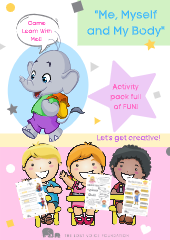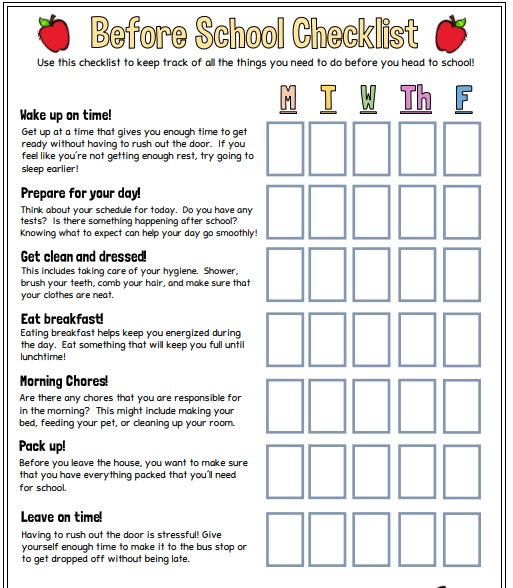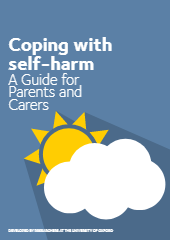 “Have You Filled a Bucket Today? A Guide to Daily Happiness for Kids” by Carol McCloud, with illustrations by David Messing, is a children’s book with a strong message about emotions and interactions.
“Have You Filled a Bucket Today? A Guide to Daily Happiness for Kids” by Carol McCloud, with illustrations by David Messing, is a children’s book with a strong message about emotions and interactions.
Everyone has an invisible bucket representing their feelings. A full bucket means happiness and confidence, while an empty one suggests sadness or loneliness. Through our actions and words, we can either fill someone’s bucket (make them feel good) or dip from it (hurt their feelings).
Why It’s Useful for Social Workers:
- Children’ Emotional Well-being: Social workers can use this metaphor to help children talk about their feelings. When kids face tough times, discussing their “bucket” can make it easier to express and understand their emotions.
- Family Sessions: In family meetings, the bucket idea helps family members see how their actions affect each other. It can guide families towards better communication and understanding.
- Group Activities: During group workshops, the bucket concept can start discussions on how everyone’s behavior affects the group. It encourages positive interactions and mutual respect.
- Self-care: Social workers can also benefit personally. By reflecting on what fills or empties their own bucket, they can manage stress better.
Simple bucket-filling ideas that children can easily understand and act upon:
- Give Compliments: “Tell a friend you like their drawing or their new shoes.”
- Share: “Let someone play with your toy.”
- Help Out: “Help mom or dad set the table.”
- Say Nice Things: “Tell your sister she’s awesome.”
- Listen: “When someone is talking, listen carefully.”
- Hug: “Give your family members a big hug.”
- Say Hello: “Greet your teacher with a ‘good morning’.”
- Play Together: “Ask someone new to join your game.”
- Celebrate: “Cheer when your friend does something great.”
- Do Small Tasks: “Water the plants or feed your pet.”
- Talk: “Share a fun story with a friend.”
- Make a Card: “Draw a picture to make someone smile.”
- Ask Questions: “Ask your friend about their favorite game.”
- Be There: “If a friend is sad, sit with them.”
- Say Sorry: “If you made a mistake, apologize.”
FREE PDF DOWNLOAD OF HAVE YOU FILLED A BUCKET TODAY? A GUIDE TO DAILY HAPPINESS FOR KIDS BOOK








